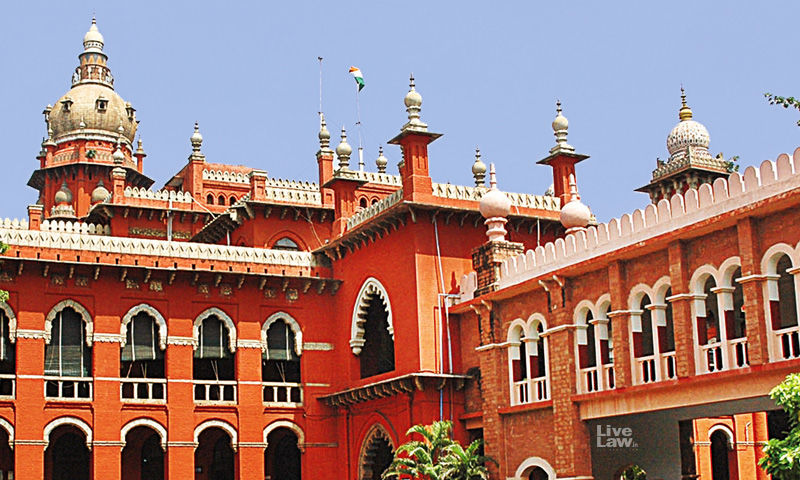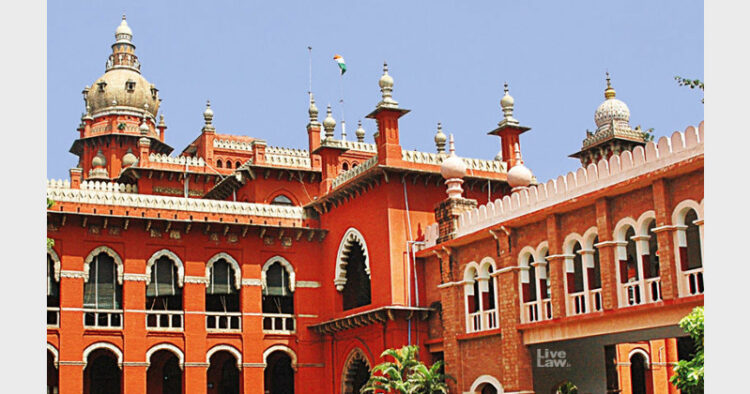
While hearing an appeal over the conduct of temple processions by villagers at Kalathur in Perambalur district in Tamil Nadu that was objected to by local Muslims, the Madras High Court has observed that allowing religious intolerance was not good for a secular country. A bench of Justices N Kirubakaran and P Velmurugan said that “Resistance” by one religious group if reciprocated by another, could lead to chaos and riots.
The petitioner approached police, seeking protection for conducting temple festivals and processions, which was given with restrictions. The judges noted that before 2012, temple processions were conducted through all the streets in the village and that there was no problem but later the procession was opposed by local Muslims. “It was evident from the affidavit of the third respondent, Deputy Superintendent of Police, that three days festival of the aforesaid temples were peacefully conducted till the year 2011 and only from the year 2012 onwards the Muslims started objecting to some of the Hindu festivals, terming them as Sins,” the court said in a recent order.
.
“The temples are there for decades together. Merely because a religious group got settled in a locality and has become vociferous, they cannot object to the custom of taking Temple’s procession through all the streets in the Village and consequent upon their objections, the customary and traditional practices cannot be prevented or prohibited”, the court observed.
“Merely because one religious group is dominating in a particular locality, it cannot be a ground to prohibit from celebrating religious festivals or taking processions of other religious groups through those roads,” the court said.
“In this case, intolerance of a particular religious group is exhibited by objecting for the festivals which have been conducted for decades together and the procession through the streets and roads of the village is sought to be prohibited, stating that the area is dominated by Muslims and therefore, there cannot be any Hindu festival or procession through the locality,” the judges noted.
“India is a secular country and merely because one religious group is living in the majority in a particular area, it cannot be a reason for not allowing other religious festivals or processions through that area. If the contention of the private respondent is to be accepted, then it would create a situation in which “minority people cannot conduct any festival or procession in most of the areas in India,” the court said.













Comments